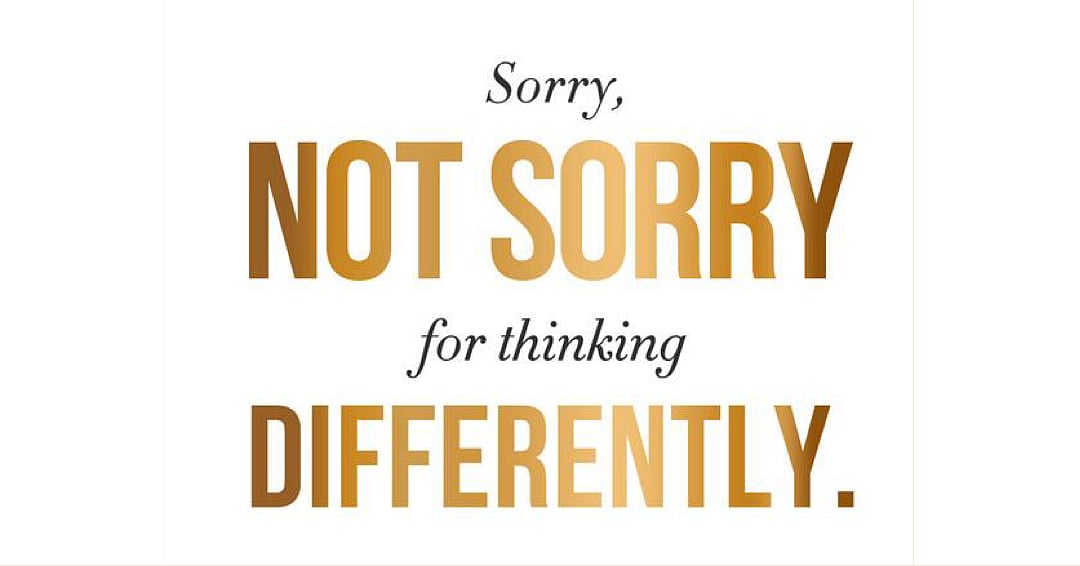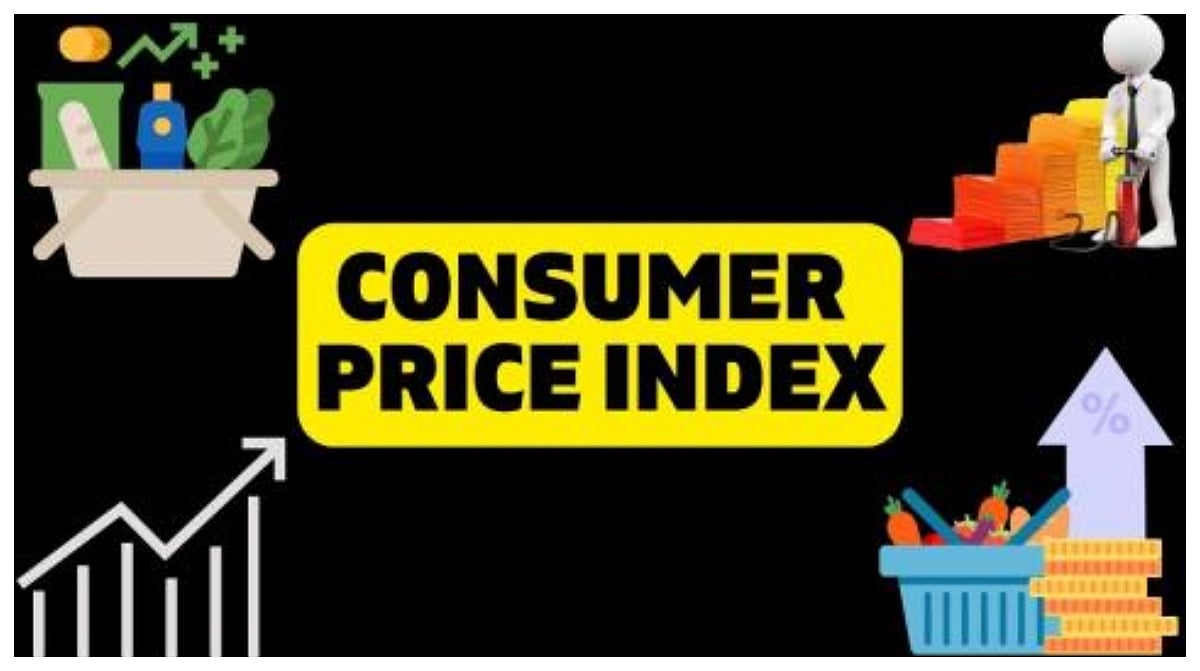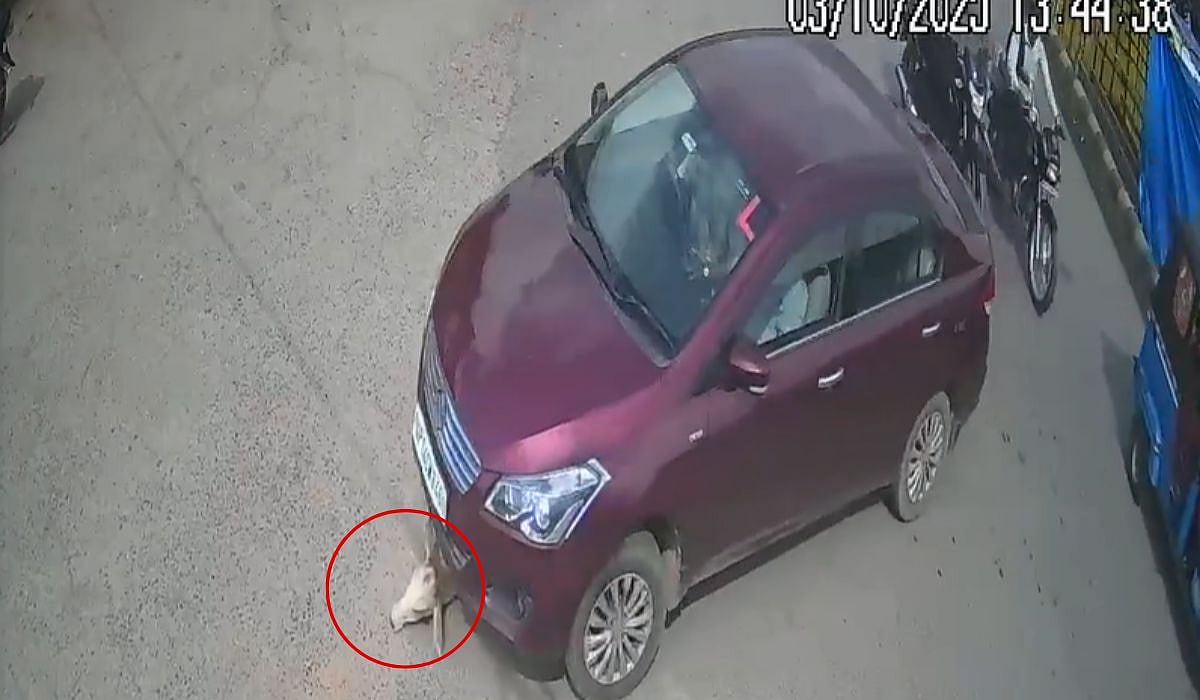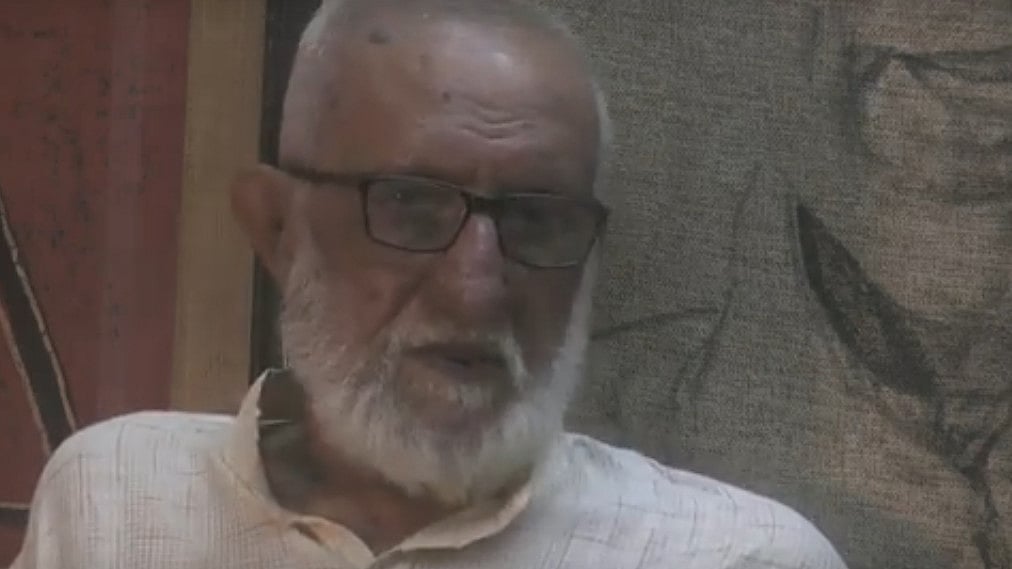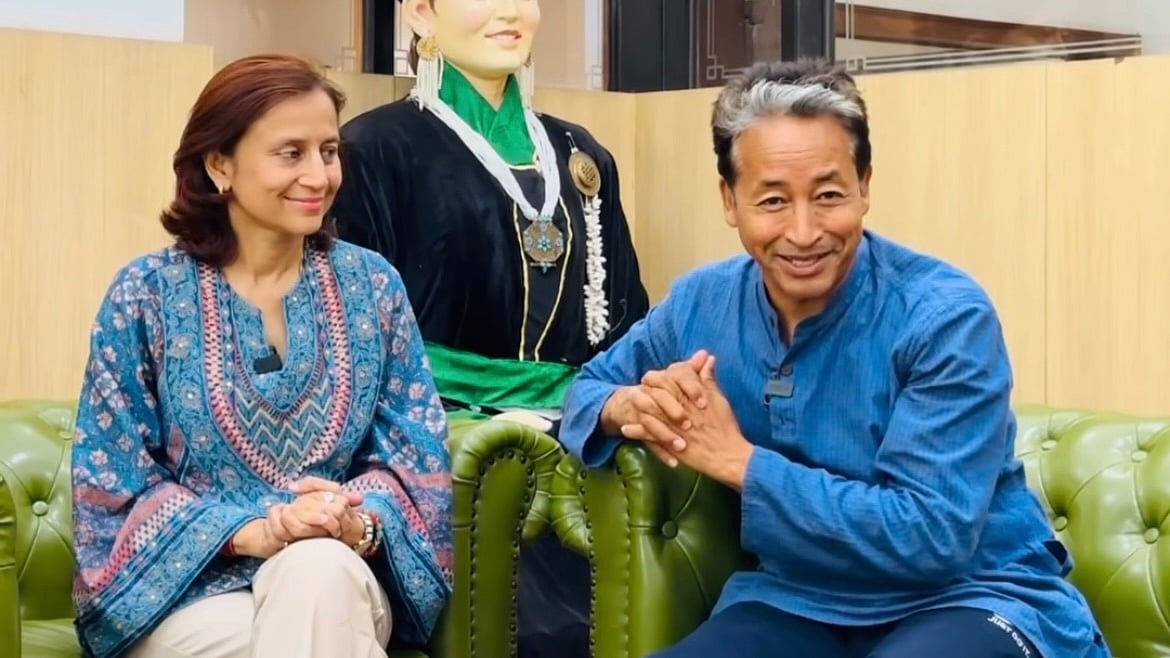Just before the US elections were called, I set my graduate communications class an assignment. They had to create ads for the person who had lost the US elections.
What would he say to his stakeholders and people who had put their hopes on him? Would he apologise for letting them down? Would he take responsibility for leading them into the future? To keep it neutral, half the class was given the Biden ad and half the class got the Trump ad.
It was a good exercise in getting the students to understand the brand tone and manner in communication. And also to see what it means to create ads from a position of losing.
Predictably the ads were on brand, so to speak. The Trump ads had no hint of apology; they were pugnacious and challenging while the Biden ads accepted responsibility and sounded suitably apologetic. Beyond winning and losing elections, however, apologising or taking responsibility is an art every brand needs to be skilled at.
Consumers change and as we have seen in recent times, the threshold for offence or what is politically correct has changed. As a new generation of ‘woke’ consumers demands that brands live up to their brand image beyond advertising, the challenge will be to meet these expectations or apologise for not meeting them.
British brand Tesco faced a huge crisis when it was discovered that its ready-to-cook burgers contained horse meat. While it was traced back to one of their international suppliers, the company took full responsibility for not spotting this gaffe. In a series of ads, the company apologised to its consumers (the words ‘sorry’ and ‘we apologise’ came up often), told them which burgers specifically contained the horse meat and where the problem lay. In the next series, they told their consumers what they were doing to fix the problem and admitted that they couldn't manage the extended global supply chain and would therefore bringing supply back to the United Kingdom and would be dealing only with British farmers and British suppliers. By keeping consumers informed at every stage, the brand managed to close the apology loop and do their bit for national pride too.
The Cadbury’s worms controversy is a well-known case study in India, so I won’t go into details. When worms were found in some of its chocolate bars, Cadbury’s got off on the wrong foot by trying to deflect the blame onto its retail partners. After shares fell 30%, they went into admirable damage control and came out winners – forgiven and supported by their consumers. Remember, consumers don’t see things like supply chain, outsourcing and retail partners – they see your brand.
As I write, this jewellery brand Tanishq has pulled yet another ad off air because some people objected. Is Tanishq becoming a serial apologiser? Not really. ‘Apologetic’ actions are not an apology. Tanishq did not issue an apology the last time. They put out a post on social media that said they were saddened by what happened. It wasn’t an apology. Consumers are smart – they can’t be fooled. That social media post designed like a wedding card was too full of itself and not likely to charm its trolls and detractors. And it wasn’t strong enough to get the loyalists (I am one) on its side.
Facebook’s Mark Zuckerberg wrote a signed, personal letter ad apologising for his company's role in the Cambridge Analytics scandal. It was a responsible letter and made its point sincerely, though Facebook is not completely off the hook on data usage or consumer trust. In the Facebook case, anyone less than Zuckerberg or any other kind of ad, however sincerely framed, would not have worked.
Learning to say sorry is a good skill. But when not to say sorry is equally important. The hugely successful Pantene commercial ‘Sorry. Not Sorry’ - that garnered over one billion impressions and a UN Breaking Gender Stereotypes Award - asked women to stay strong and stop apologising as a reflex action. A case study worth looking at.
Geeta Rao has been Regional Creative Director, Ogilvy and has devoted many column inches and years to advertising and brands.
